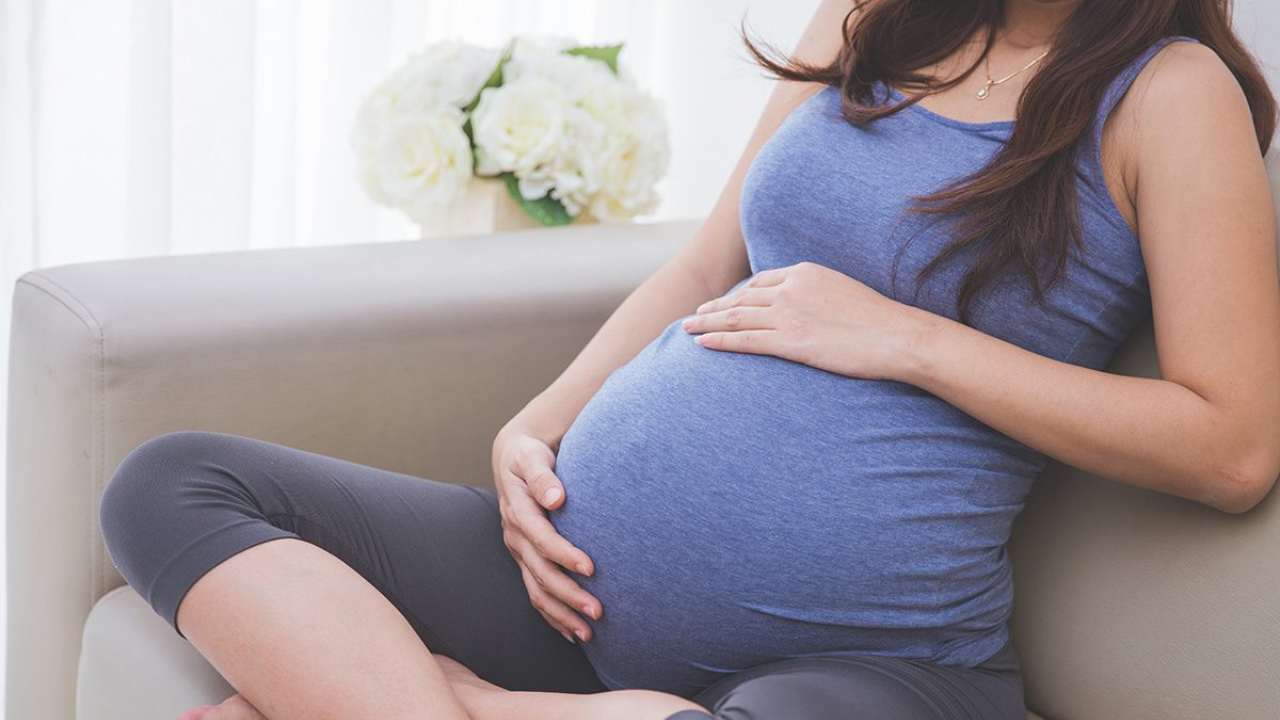Bringing a new life into the world is both a joyful and life-changing experience. As new parents adjust to their changing routines and responsibilities, the topic of future pregnancies might arise sooner than expected. One common and important question many women have after childbirth is: How soon after birth can you get pregnant again? The answer might surprise you and carries significant implications for your health, family planning, and overall well-being.
Understanding Fertility After Childbirth
Contrary to popular belief, fertility can return quickly after giving birth, even before your first postpartum period. Ovulation (the release of an egg) occurs about two weeks before menstruation. This means a woman can conceive even without seeing any signs of her period returning.
For women who are not breastfeeding, ovulation can return as early as six weeks postpartum. In some cases, it may happen sooner. For breastfeeding mothers, fertility may be delayed due to a natural suppression of ovulation, a phenomenon known as lactational amenorrhea. However, this is not a guaranteed method of birth control.
Breastfeeding and Fertility: The Lactational Amenorrhea Method (LAM)
Breastfeeding can significantly affect how soon you can get pregnant after giving birth. If a mother is exclusively breastfeeding (meaning the baby receives only breast milk, no formula or solids) and doing so on demand both day and night, her fertility may remain suppressed for up to six months.
This form of natural birth spacing is known as the Lactational Amenorrhea Method (LAM) and is up to 98% effective under strict conditions:
- The baby is younger than six months
- Menstrual periods have not returned
- The baby is breastfed exclusively and frequently
Even with LAM, there’s a small risk of pregnancy, especially if breastfeeding patterns change or supplemental feeding is introduced.
Medical Recommendations for Birth Spacing
While it’s biologically possible to become pregnant again within weeks after giving birth, healthcare professionals recommend waiting at least 18 months before conceiving again. The World Health Organization (WHO) advises a minimum interval of 24 months between deliveries to reduce health risks for both the mother and the baby.
Risks of Getting Pregnant Too Soon After Birth
Short intervals between pregnancies—especially less than 6 months—can lead to various complications, including:
- Preterm birth
- Low birth weight
- Placental abruption
- Maternal anemia
- Uterine rupture (particularly in women with a previous cesarean section)
Your body needs time to recover from the physical stress of pregnancy and childbirth. Nutritional stores like iron and folate, essential for fetal development, also need time to replenish. Getting pregnant too soon can compromise both maternal and fetal health.
When Does Ovulation Resume?
For women who are not breastfeeding or are partially breastfeeding, ovulation can resume as early as 27 days postpartum. However, it varies greatly depending on individual factors such as hormonal balance, overall health, and whether you’re breastfeeding.
It’s important to remember:
- You can ovulate before your first postpartum period.
- Ovulation may happen without noticeable symptoms.
- You can conceive even during your first ovulatory cycle post-birth.
Because of this unpredictability, it’s wise to consider birth control early if you wish to delay your next pregnancy.
Postpartum Birth Control Options
Many women assume that they don’t need contraception immediately after giving birth, but if you’re sexually active, protection is essential if you’re not planning another pregnancy right away.
There are several birth control options suitable for postpartum women:
- Progestin-only pills (mini-pill) – safe for breastfeeding mothers
- Intrauterine devices (IUDs) can be inserted as early as 6 weeks postpartum
- Implants – long-term, reversible, and safe for breastfeeding
- Barrier methods, such as condoms, are hormone-free and safe to use anytime
- Permanent methods – like tubal ligation, if you’re certain you’re done having children
Always consult your healthcare provider to choose the method that best suits your health, lifestyle, and family planning goals.
Emotional and Mental Health Considerations
The postpartum period is also a time of significant emotional adjustment. New mothers may experience mood swings, anxiety, or postpartum depression, all of which can affect decisions around future pregnancies. It’s crucial to give yourself time to heal emotionally and mentally before expanding your family again.
Open communication with your partner, regular check-ups with your doctor, and support from family or counseling services can help guide your choices.
Best Gynecologist in Lahore – Book Online Appointment
Final Thoughts
So, how soon after birth can you get pregnant again? Technically, within a few weeks—but just because you can doesn’t mean you should. While fertility may return quickly, medical guidelines strongly advise waiting at least 18 to 24 months before becoming pregnant again. This gives your body time to recover, reduces health risks for both mother and baby, and allows your family to adjust to life with your newest member.
Find Semen Analysis Labs Near You
If you’re unsure about when the time is right for you or what birth control options to consider, speak with a healthcare professional. Whether you plan to grow your family soon or wait a while, informed decisions are the foundation of a healthy and happy future.






